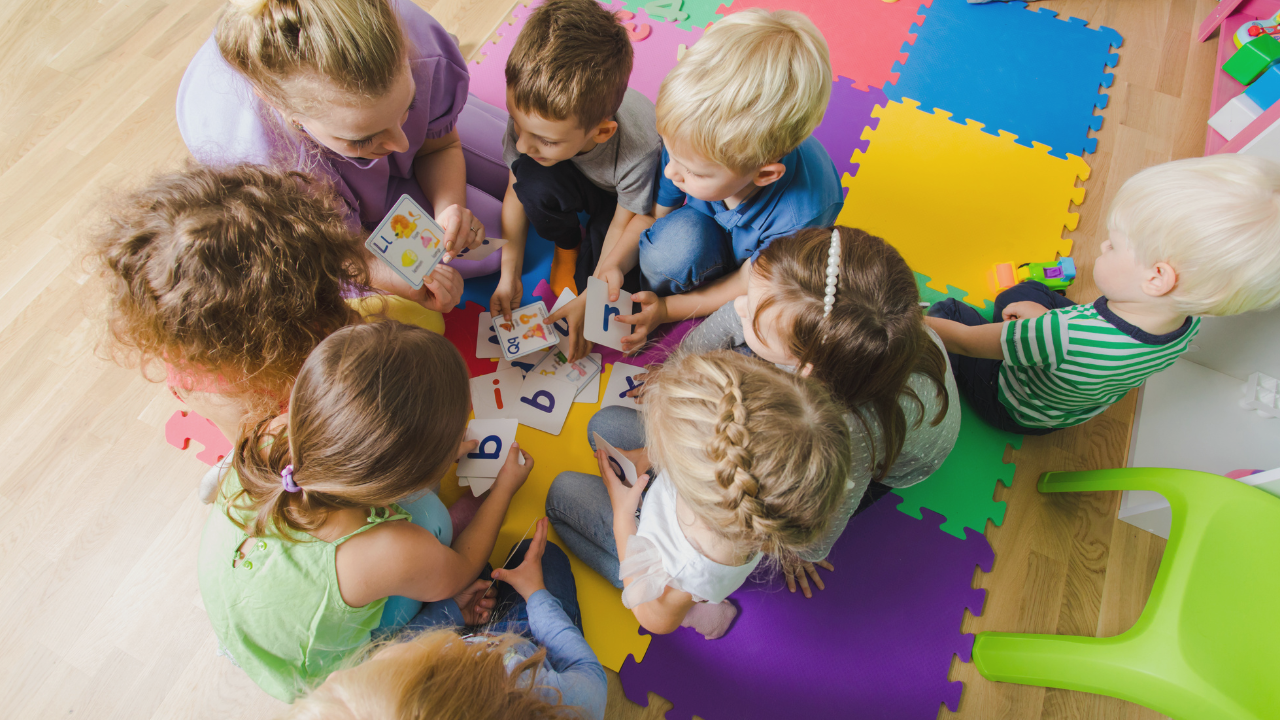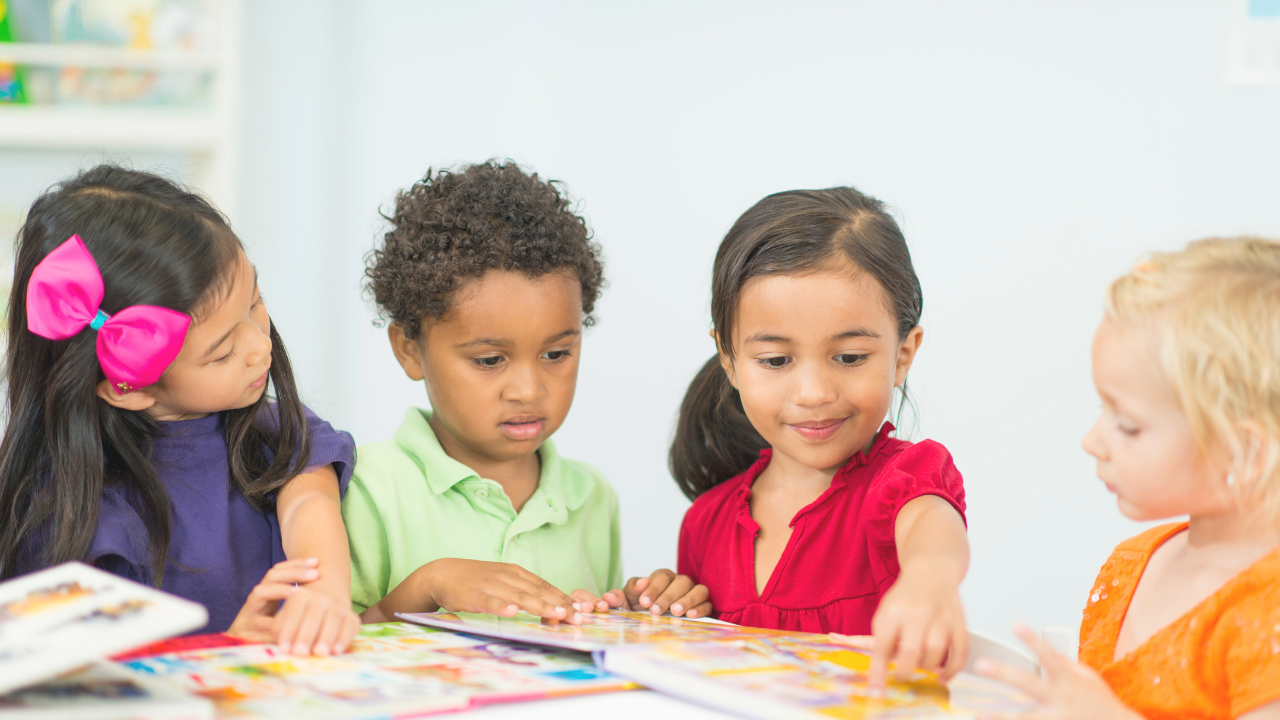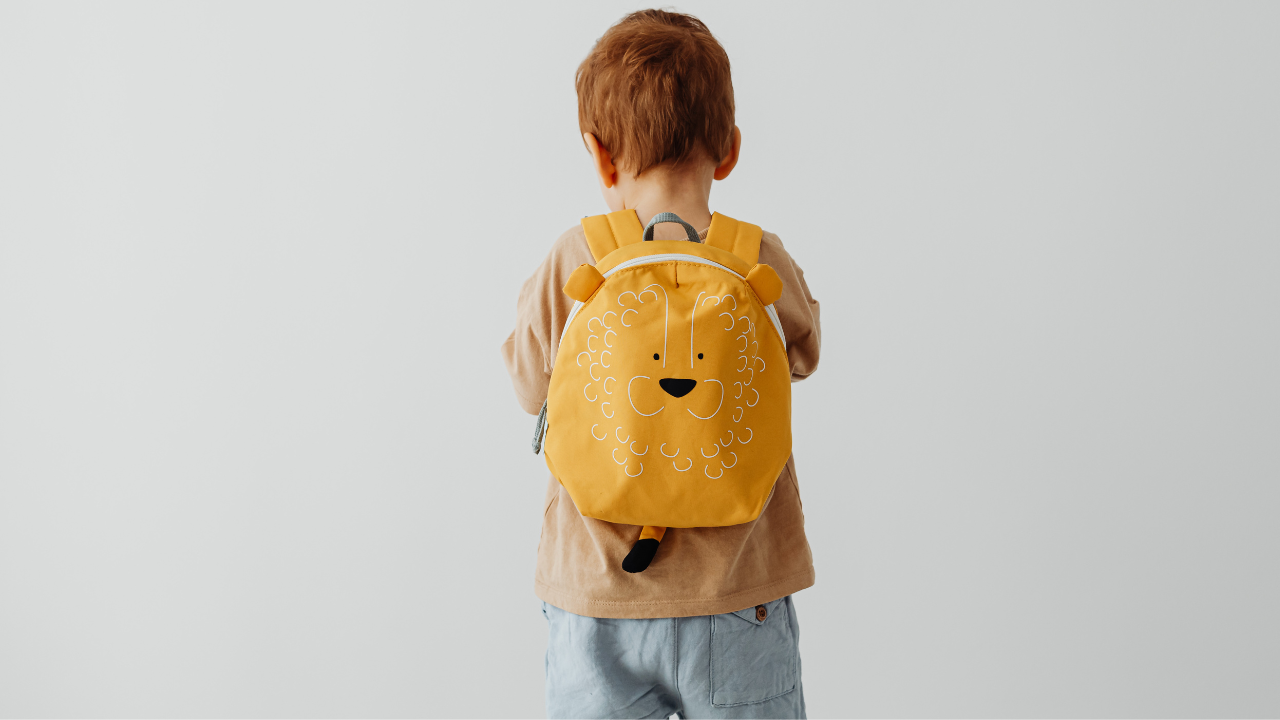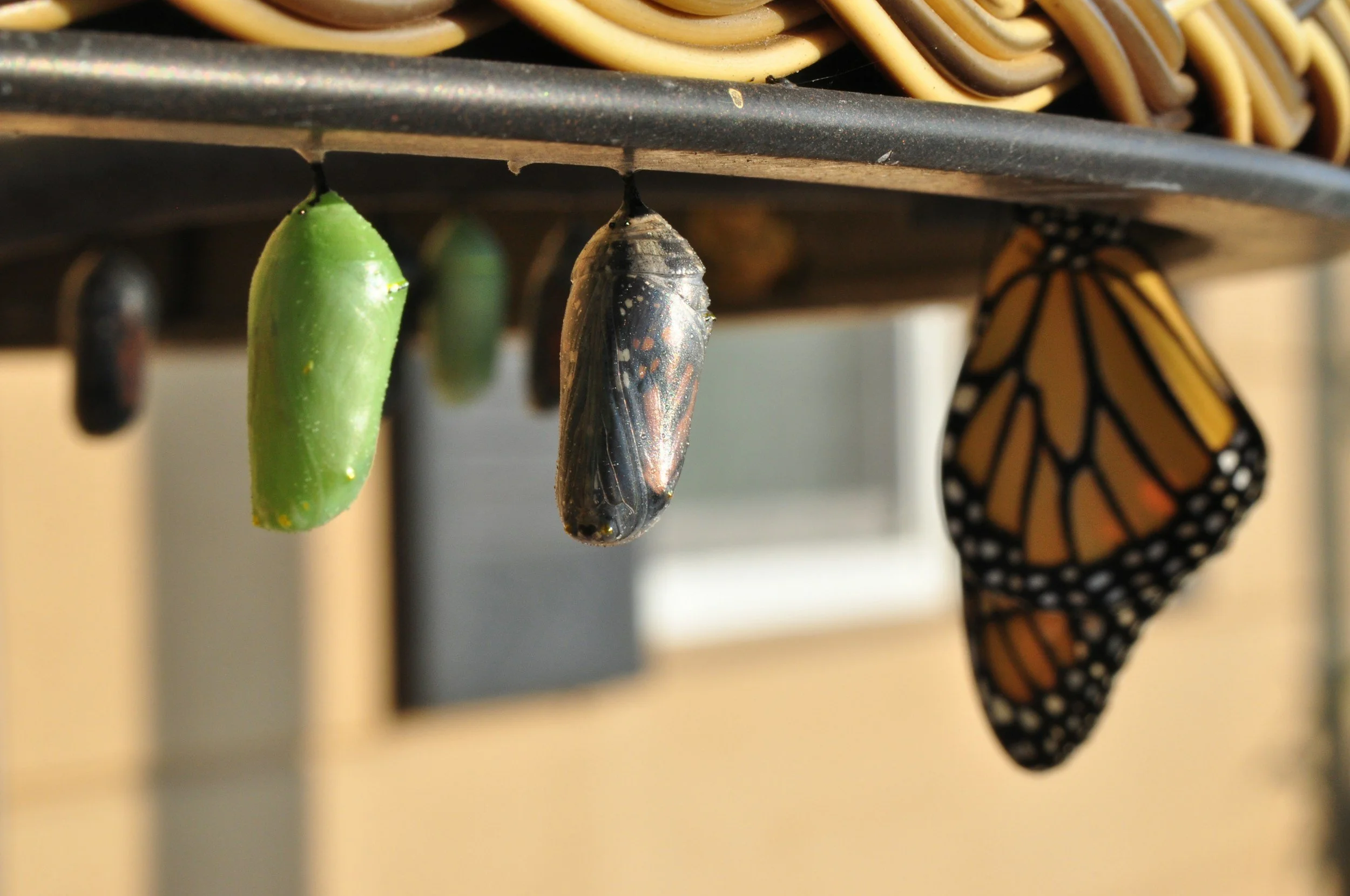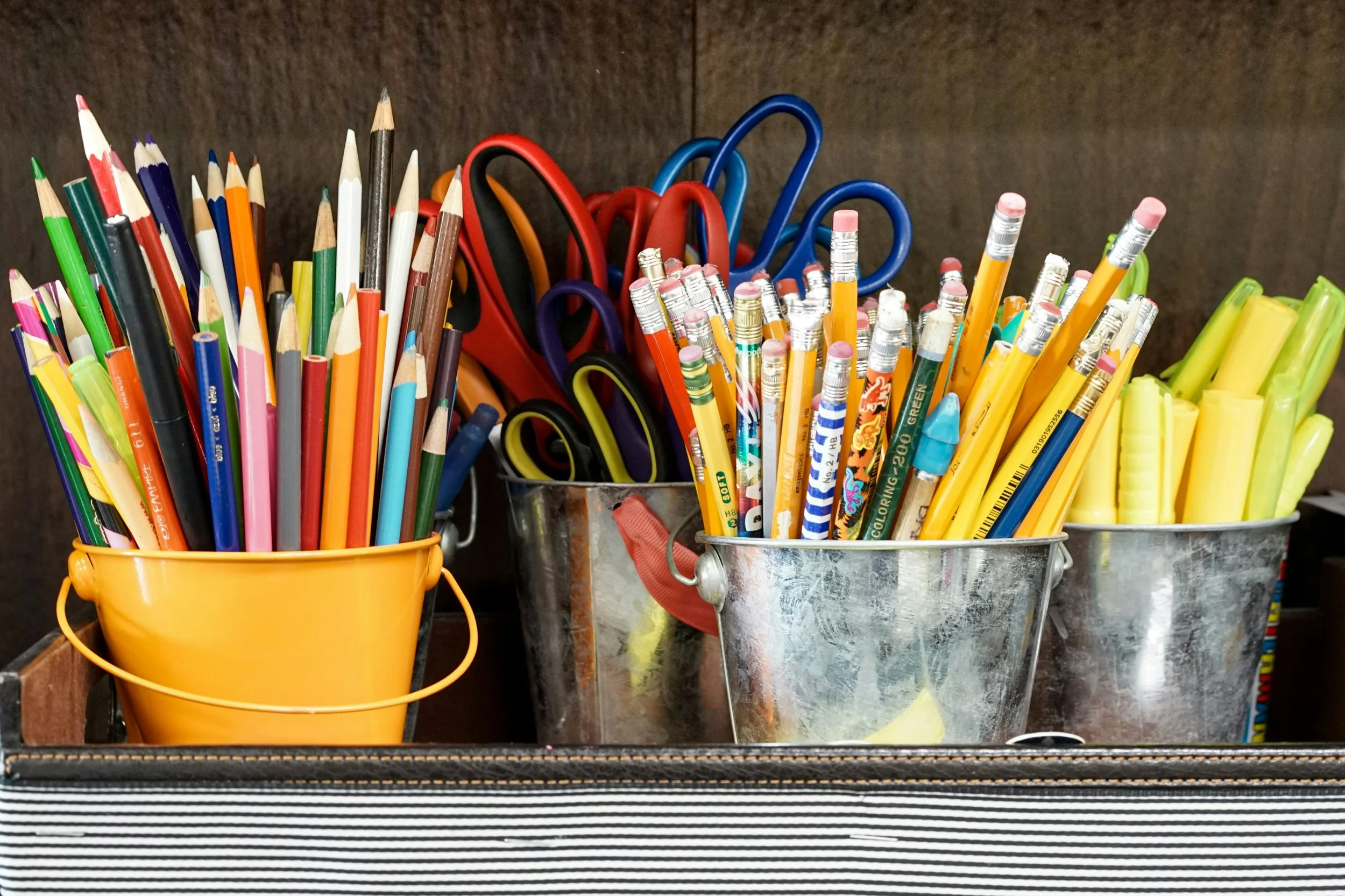If you feel like you’re putting out fires when it comes to challenging behavior you might be in “Reactive Mode”.
The biggest question I get about this is: How do I get out of reactive mode!?
Great question.
In my experience - based on when I was a preschool teacher and with what I see with our TCB Teachers’ Club members - the path to getting out of reactive mode is threefold.
